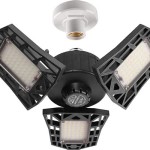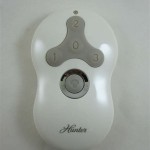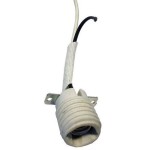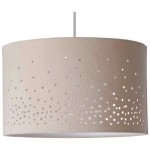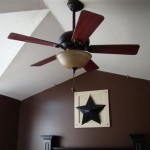Essential Aspects of Ceiling Light Bulb Fitting
Securing a light bulb firmly and safely in a ceiling fixture requires careful consideration of several key aspects. From ensuring electrical safety to achieving optimal lighting performance, these essential factors play a crucial role in the successful installation and functioning of ceiling light bulbs.
This article delves into the essential aspects of ceiling light bulb fitting, providing a comprehensive guide to help you navigate the process effectively. We will explore the different types of bulb bases, socket compatibility, safety precautions, and additional considerations to ensure a secure and well-illuminated lighting environment.
Bulb Base Types
The first step in selecting a suitable light bulb for your ceiling fixture is to identify the type of bulb base it requires. Common bulb bases include:
- E26 (Standard Edison): This is the most widely used bulb base, typically found in residential and commercial lighting fixtures.
- E27: Slightly larger than E26, it is commonly used in European and Asian countries.
- GU10: A two-pin base often used in track lighting and recessed fixtures.
- MR16: A low-voltage base with two sharp pins, often used in recessed lighting and spotlights.
Socket Compatibility
Once you have determined the bulb base type, ensure that the ceiling fixture's socket matches the bulb's base configuration. Incompatible bases can lead to loose connections, electrical hazards, and poor lighting performance.
Safety Precautions
Electrical safety is paramount when working with ceiling light bulbs. Always follow these precautions:
- Turn off the power supply at the circuit breaker before attempting any work.
- Use insulated tools and gloves to prevent electrical shocks.
- Inspect the bulb and socket for any damage or loose connections before installing.
- Tighten the bulb securely into the socket, but avoid overtightening.
Additional Considerations
In addition to the essential aspects discussed above, consider these additional factors for optimal ceiling light bulb fitting:
- Wattage and Brightness: Choose a bulb with the appropriate wattage to provide sufficient illumination for the intended space.
- Color Temperature: Select a bulb with the desired color temperature (warm, cool, or daylight) to create the desired ambiance.
- Bulb Shape and Size: Consider the shape and size of the bulb to ensure it fits aesthetically and functionally within the fixture.
- Energy Efficiency: Look for energy-efficient bulbs to reduce energy consumption and lower utility bills.
Conclusion
Understanding the essential aspects of ceiling light bulb fitting is crucial for ensuring electrical safety, achieving optimal lighting performance, and creating a well-illuminated environment. By carefully considering the bulb base type, socket compatibility, safety precautions, and additional factors discussed in this article, you can confidently install and maintain your ceiling light bulbs for years to come.
Buy Bg Ceiling Rose With Bc Light Bulb Fitting Lights Argos

Bc Light Bulb Socket Lamp Fitting Batten White Ceiling Holder
Our Guide To Light Bulb Types Fittings Argos

Light Bulb Fittings Guide Fitting Types Explained Toolstation

Brass Bulb Holder Fixed Flush To The Ceiling Complete With Vintage

4x Bayonet Batten White Ceiling Lampholder Bc B22 Light Bulb Socket Lamp Fitting

E27 Ceramic Lamp Holder Porcelain Light Socket For Ceiling Wall Fittings China Made In Com

What Size Is A Standard Light Bulb Socket Stkr Concepts

Inside The Circuit Pendant Lighting Light Switch Wiring Homeowner Faqs

Ceiling Light Bulb Holder Porcelain White Lights 360volt
Related Posts

